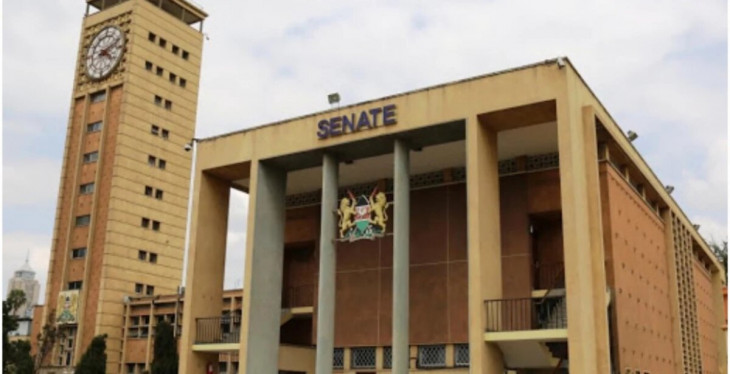Senate renew push for review of energy costs stracts

The Senate has renewed efforts to review costly power supply contracts entered between Kenya Power and Independent Power Producers (IPPs).
The Senate will discuss a motion by Marsabit Senator, Mohammed Chute, proposing to probe the contracts signed between Kenya Power and independent power producers (IPPs) which according to the legislator disadvantage the end consumer.
New push follows similar efforts by the National Assembly last year, where Parliament’s Energy Committee wanted independent power producers to renegotiate the contracts saying they were unfavourable and made power expensive for the end user.
Generating companies
The legislator said he was concerned that independent power generating companies supply at 28 per cent to Kenya Power but account for 47 per cent of power purchase costs.
He is thus proposing that the Standing Committee on Energy undertake an inquiry into contracts signed by IPPs detailing the cost, capacity and duration of the contractual agreements and their implications on affordability of electricity in the country.
Further, he wants the committee to have an inquiry into the discrepancy in the cost of electricity sold to Kenya Power by KenGen, imports from Ethiopia and IPPs.
Thirdly, Chute wants Senate to probe the diversion of the electricity generated by Lake Turkana Wind Power to the national grid, noting that Marsabit and Samburu counties are inadequately supplied.
“Energy is an essential factor of production and its total consumption is a major determinant of performance of the economy with its cost and reliability spurring or stifling economic growth,” he said.
Senator Chute wants the Ministry of Energy to come up with a policy framework aimed at lowering the cost of electricity as a way of addressing the high cost of living and enhancing clean energy “by switching to renewable sources of energy such as geothermal power, wind energy, among others as a way of reducing the carbon foot print.”
Demand and supply
The Marsabit Senator said there is an imbalance in the demand and supply of power, coupled with payments by KPLC for produced power not consumed and fluctuation in the foreign exchange rates, which have contributed to the high cost of electricity in the country.
While there has been a significant growth in the demand for electricity in Kenya driven by economic growth, increased efforts towards rural electrification, and reinforcement of the transmission and distribution grids.
However, the supply has been constrained majorly due to over-reliance on hydro-electric power generating plants that have been negatively impacted by perennial drought experienced in the country.
Diversification of energy
Luckily, Kenya has made strides in diversifying its power sources with geothermal plants, a tremendous potential for zero-carbon source of power, already producing nearly one Gigawatt of power.
Since last year, parliamentarians have sought to have the contracts between Kenya Power and the IPPs reviewed pointing out that they supplied power to the national distributor at prices that were much higher than KenGen.
The high cost ends up being pushed down to the final consumer making electricity in the country expensive.












